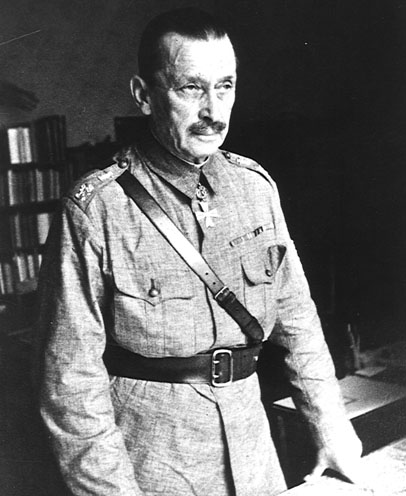Britain's Arctic Gamble: The Russo-Finnish War 1939-40
In the winter of 1939-40, whilst already waging war against the might of Nazi Germany, Britain, together with France, was preparing to send a military expedition to Finland to fight against the Soviet Union. Had this expedition materialised, argues B.D.P. Conduit, the course of the Second World War might well have been disastrously altered.
 The Winter war between the Soviet Union and Finland started on November 30th, 1939 when Soviet troops crossed the border into Finland and Soviet planes began bombing Helsinki. It lasted just over three months and was a comparatively small war taking place within the context of the much larger war between Nazi Germany and the Western Powers (Britain and France) which had broken out at the beginning of September following the German invasion of Poland. Yet it was a war which contained many surprises, evoked a great deal of interest and sympathy throughout Western Europe and the United States, had an important influence on the future of the Second World War and Germany's eventual defeat, and could have had disastrous consequences for Britain had it not ended when it did on March 12th, 1940.
The Winter war between the Soviet Union and Finland started on November 30th, 1939 when Soviet troops crossed the border into Finland and Soviet planes began bombing Helsinki. It lasted just over three months and was a comparatively small war taking place within the context of the much larger war between Nazi Germany and the Western Powers (Britain and France) which had broken out at the beginning of September following the German invasion of Poland. Yet it was a war which contained many surprises, evoked a great deal of interest and sympathy throughout Western Europe and the United States, had an important influence on the future of the Second World War and Germany's eventual defeat, and could have had disastrous consequences for Britain had it not ended when it did on March 12th, 1940.





